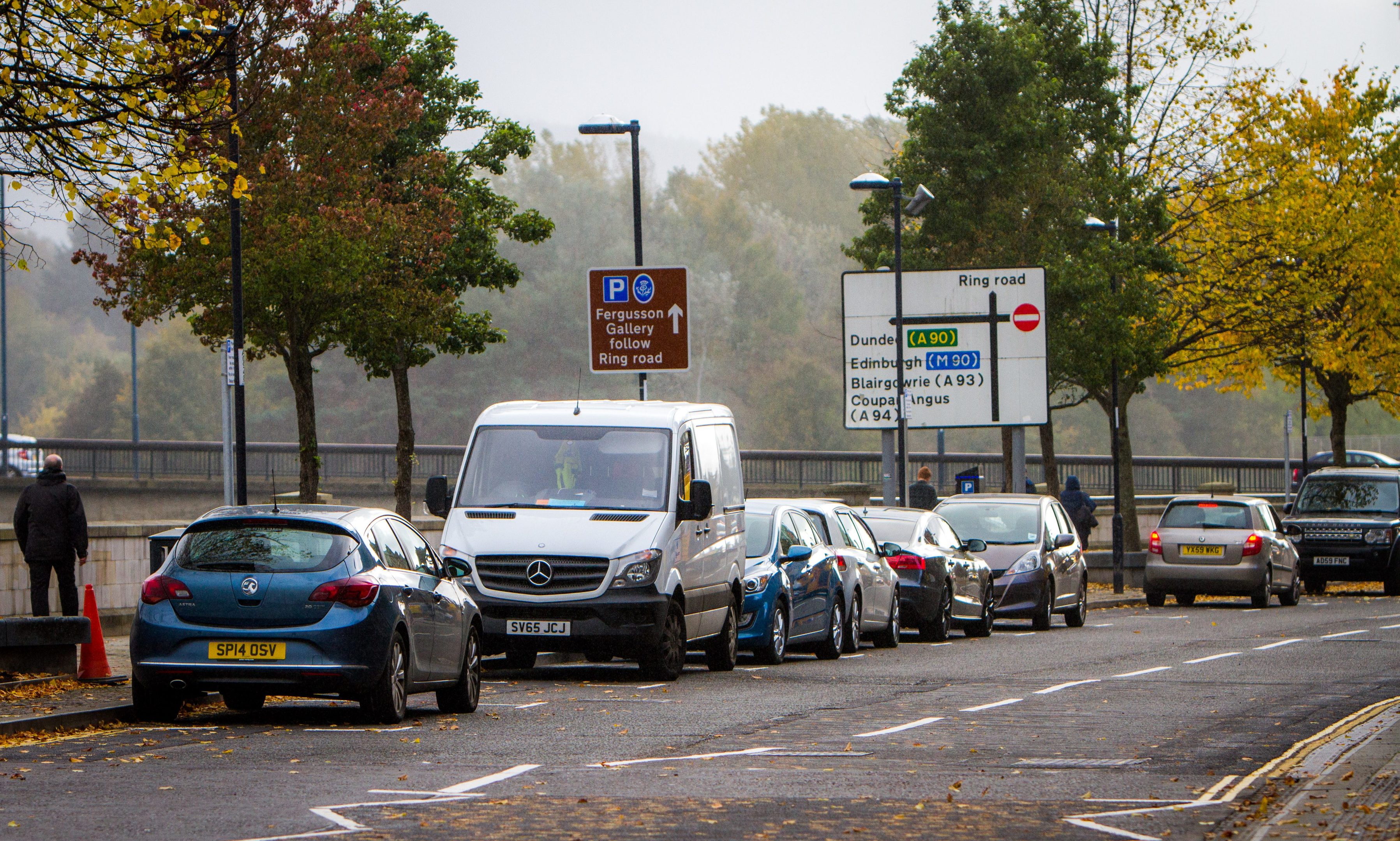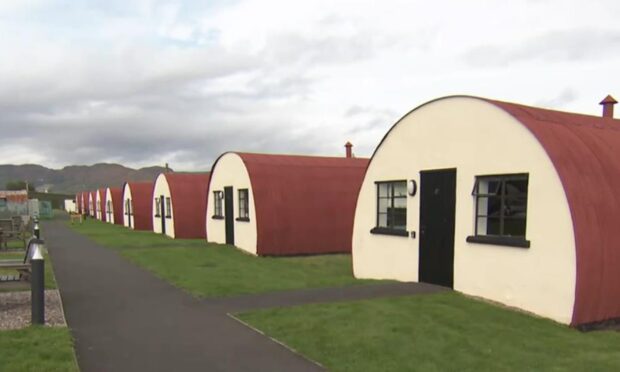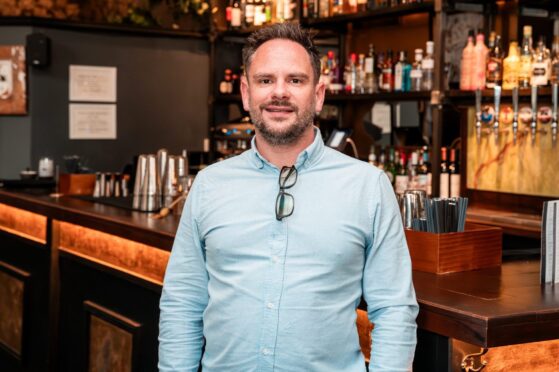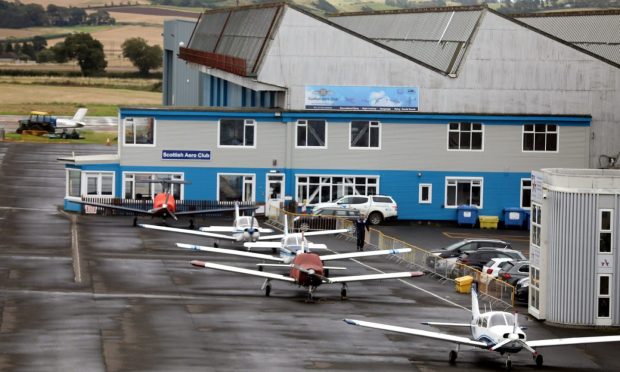A major overhaul of city centre parking has been launched in Perth.
Dozens of new spaces have been created as part of a radical shake-up aimed at luring more shoppers and visitors into the area.
The move is a direct response to complaints by worried shopkeepers in the wake of McEwen’s collapse.
But it has been described by critics as a “retrograde step” which could pose a safety risk to pedestrians.
Under the new scheme, the local authority has revamped waiting restrictions along Tay Street to create 26 new parking bays at the riverside and six more near the Royal George Hotel.
After businesses raised concerns that there were too many disabled spaces on South Street, the council is removing 10 of them and make them into traditional pay-and-display spaces.
The review also includes £1.5 million of improvements at the council-operated multi-storey car park on Canal Street.
It has cost the council £66,000 to install new ticket machines and road signs.
But opponents said the changes on Tay Street may make the area less attractive for visitors and less safe for pedestrians.
Perth city councillor Peter Barrett said: “The introduction of parking spaces in Tay Street is a retrograde step and it is disappointing that parking wasn’t confined only to the city centre side of the street.
“That would have been better for shoppers and have less impact on the amenity and enjoyment of the riverside promenade.”
He added: “I am concerned that the reduced visibility cause by parked cars on Tay Street will present further risks to pedestrians at the two zebra crossings either side of the High Street.
“In the past motorists frequently sped through these crossings with no regard for pedestrians. Even with some traffic calming the risk to pedestrians is greater now than it was before, particularly from traffic approaching from the north.”
Mr Barrett added: “There is a danger that that with a one-hour limit and locating the spaces on the wrong side of the road the new parking will prove unattractive to users. That cannot be allowed to become the thin end of the wedge or a driver towards longer stays to justify the expense of introducing 26 parking spaces.”
Many city centre traders argue that a lack of available bays and problems with accessibility were driving potential shoppers away to out-of-town retail sites.
The matter was a top priority at business meetings held after the shock closure of McEwens department store.
A council spokeswoman said: “We are also working on the introduction of cashless parking and a conference parking tariff to further assist visitors and residents alike.”










